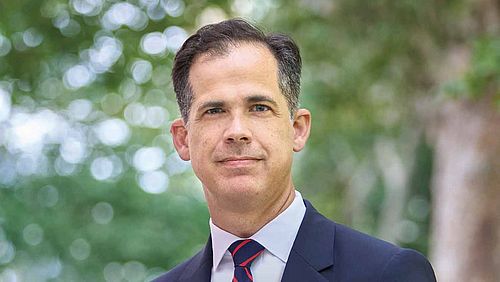50905 Principled Leadership: Ethics and Corporate Social Responsibility
This course consists of two related modules that consider ethics and corporate social responsibility, respectively, from the perspective of organizational leaders. The two modules are designed to prepare students to lead ethical and responsible organizations that are consistent with their values. Each module draws extensively upon social science theory and empirical evidence to inform individual-specific perspectives on ethicality and responsibility. Students will be expected to analyze business news articles and case studies for each module. Through reflective assignments, students will develop their leadership values, styles, and methods. Each module culminates in a group exercise that reinforces the module learning objectives.
1) Leading the Ethical Organization
This module addresses both individual and organizational causes and consequences of unethical behavior. We also discuss how participants and observers interpret these behaviors through different ethical lenses.
Social psychological theories inform our consideration of how individuals justify unethical behavior. Empirical evidence from experimental and observational studies also inform this understanding. We then discuss how leaders can shape organizational contexts in ways that discourage unethical behavior and encourage ethical behavior.
By the end of the module, students will appreciate how what is and is not considered ethical varies across both individuals and organizations. Students will also be prepared to lead organizations that reflect their ethical principles.
2) Leading the Socially Responsible Organization
This module addresses why and how corporate social responsibility (CSR) matters for global companies. We discuss diverse perspectives on the social responsibilities of the modern corporation.
Various theories and empirical studies inform our understanding of how a company can be viewed both favorably and unfavorably by different groups (e.g., investors, employees, customers, suppliers, regulators). We apply the strategic value creation framework to identify how these groups’ concerns influence corporate costs, market prices, and customer willingness to pay.
By the end of the module, students will appreciate how corporate social responsibility can be a source of competitive advantage in markets and industries. Students will accordingly be prepared to create and capture greater economic value for their organizations by attending to CSR considerations.
Lecturer

Prof. Ryan Bubb
Professor of Law
School of Law, New York University
New York City
USA
Dates
Duration: 25 June - 03 July 2018
Place: S13, Faculty of Business and Economics, Peter Merian-Weg 6
Monday 25.06.2018: 09.00-12.00
Tuesday 26.06.2018: 09.00-12.00
Wednesday 27.06.2018: 09.00-12.00
Thursday 28.06.2018: 09.00-12.00
Friday 29.06.2018: 09.00-12.00
Monday 02.07.2018: 14.00-16.30
Tuesday 03.07.2018: 14.00-16.30
Exam
Students will complete several course assignments and one exam. For further details see syllabus.
Recommended Prerequisites
Introduction to Economics (Einführung in die Volkswirtschaftslehre, 10130)
Course Information
- Course directory
- Syllabus
- Reading Material: see syllabus, ADAM and Google Drive
For further information please contact the <link de studium summer-school internal link in current>Summer School office
Quick Links
Social Media
